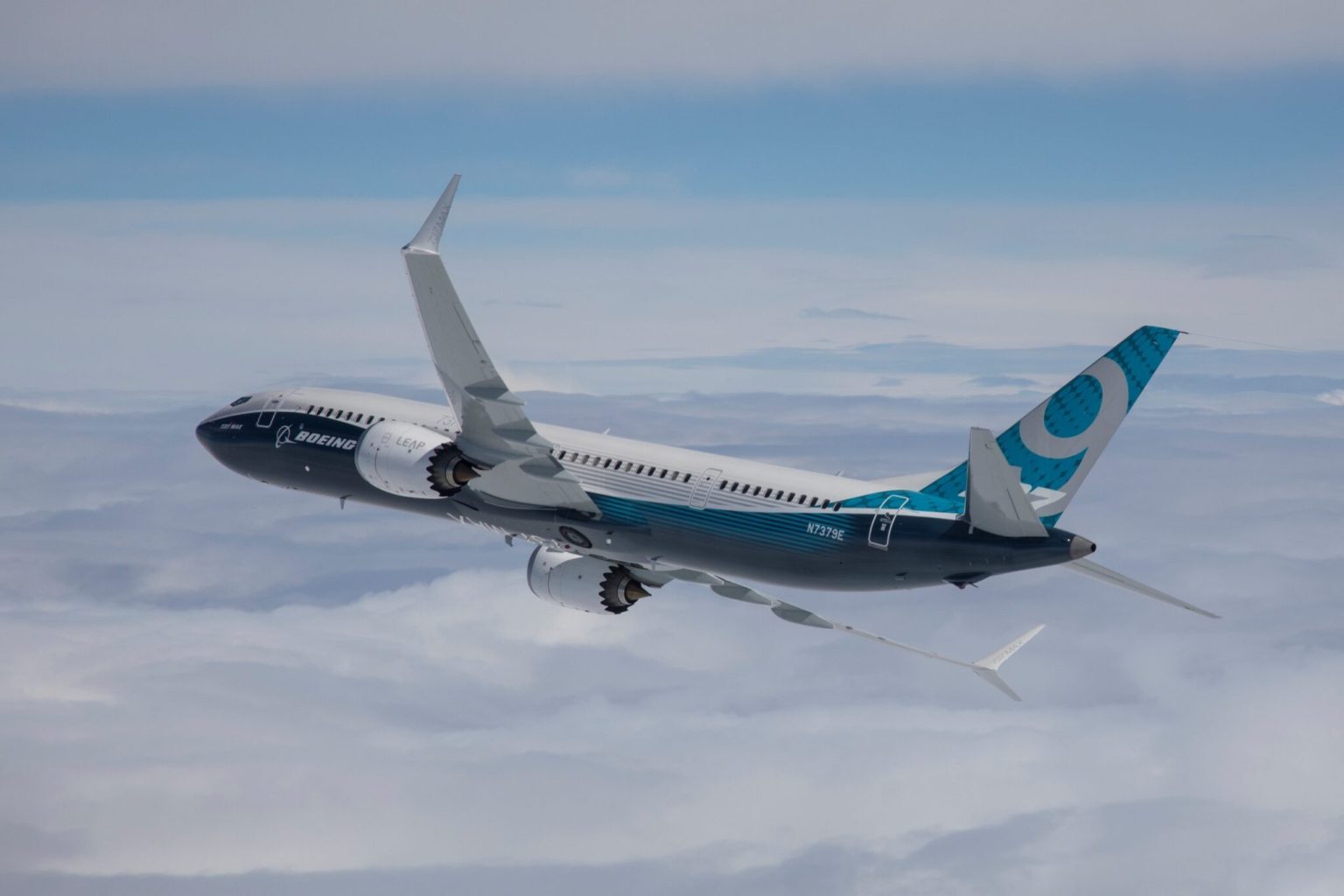Boeing, already facing challenges in its airliner production chain, is now dealing with a strike as unionized workers rejected a tentative deal that included a 25% pay rise. This has resulted in more than 30,000 workers in Washington and Oregon going on strike, affecting the production of planes like the 737 Max and the 777 widebody jet. The strike marks the first of its kind in 16 years and comes shortly after Kelly Ortberg was appointed as the new CEO, putting pressure on him to navigate this crisis.
Ortberg made a last-minute appeal to staff, urging them not to sacrifice the opportunity to secure Boeing’s future due to past frustrations. The rejected package included the largest-ever general wage increase, lower medical costs, greater retirement contributions, and improvements in work-life balance. Despite these benefits, the International Association of Machinists and Aerospace Workers (IAM) stood in unwavering solidarity, with 94% of members voting to reject the contract and 96% voting for strike action.
The high-stakes labor dispute is another headache for Boeing, following recent incidents like the 737 Max crashes that damaged the company’s reputation. A door plug incident on an Alaska Airlines 737 Max 9 plane in January 2024 led to renewed scrutiny of Boeing’s production oversight, resulting in the temporary grounding of the aircraft type. Past labor negotiations with IAM in 2008 resulted in a 57-day strike that cost Boeing tens of millions of dollars per day, highlighting the potential financial impact of prolonged disputes.
The Skift Travel 200 (ST200) tracks the financial performance of nearly 200 travel companies, including airlines, across global markets. This index provides insights into the overall performance of the airline sector, including network carriers, low-cost carriers, and related companies. By analyzing the stock index performance year-to-date, investors and industry observers can gauge the health and stability of the airline sector within the broader travel industry.
Boeing’s future may be further complicated by the ongoing strike and the need to address the concerns of its unionized workforce. As the company faces challenges in its production chain and reputation, it will be crucial for leadership, including CEO Kelly Ortberg, to navigate these issues effectively. The rejection of the tentative deal and subsequent strike highlight the importance of effective labor relations and the impact they can have on a company’s operations and financial performance. Boeing’s response to the strike and efforts to reach a new agreement with the IAM will be closely watched by industry stakeholders and investors.


